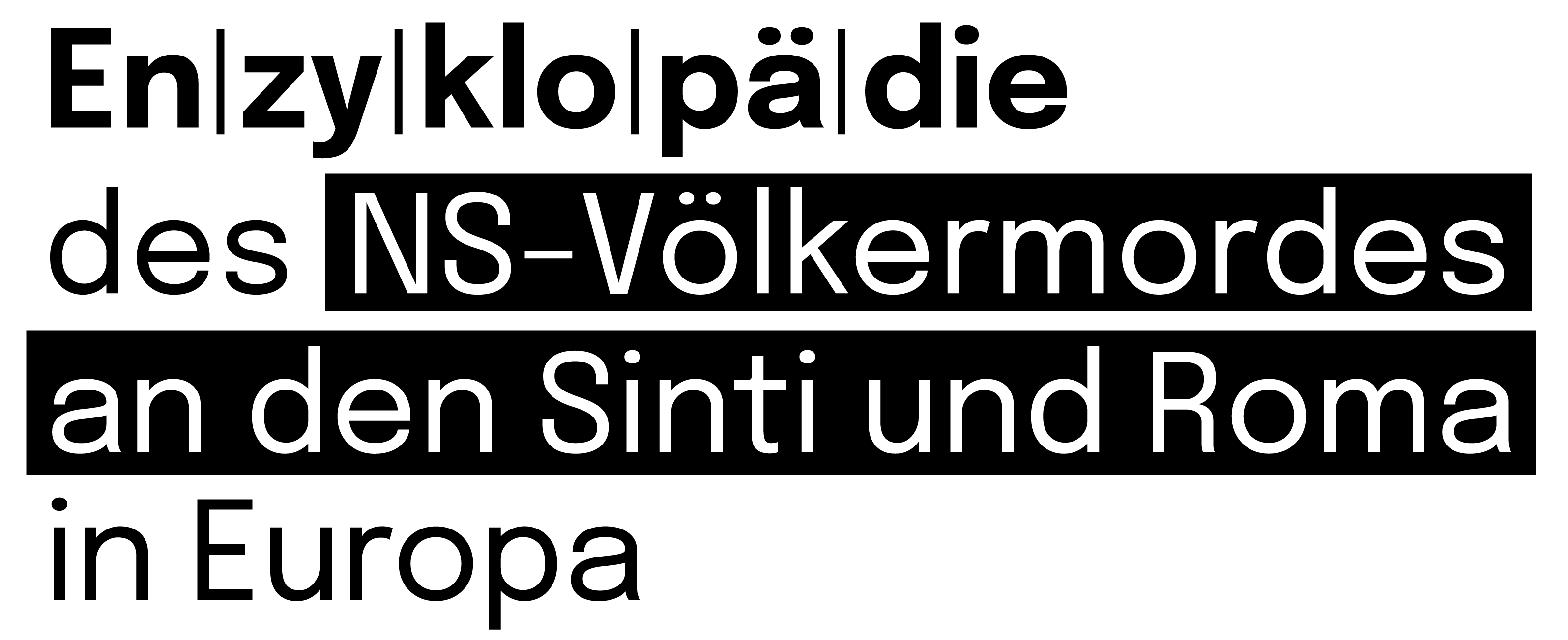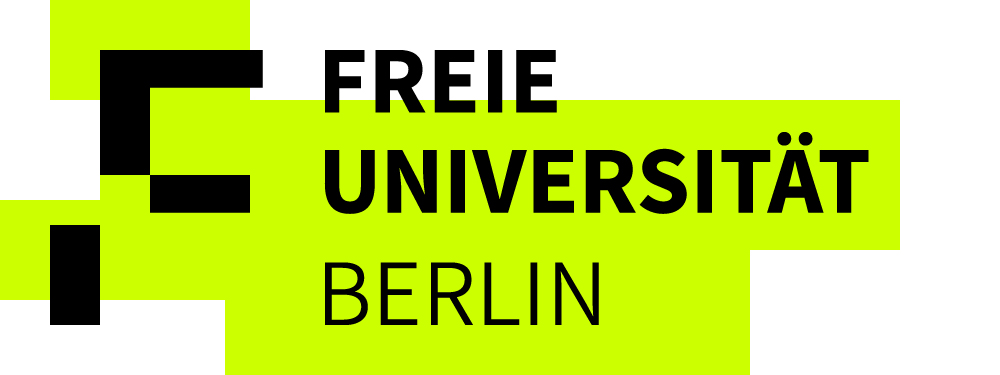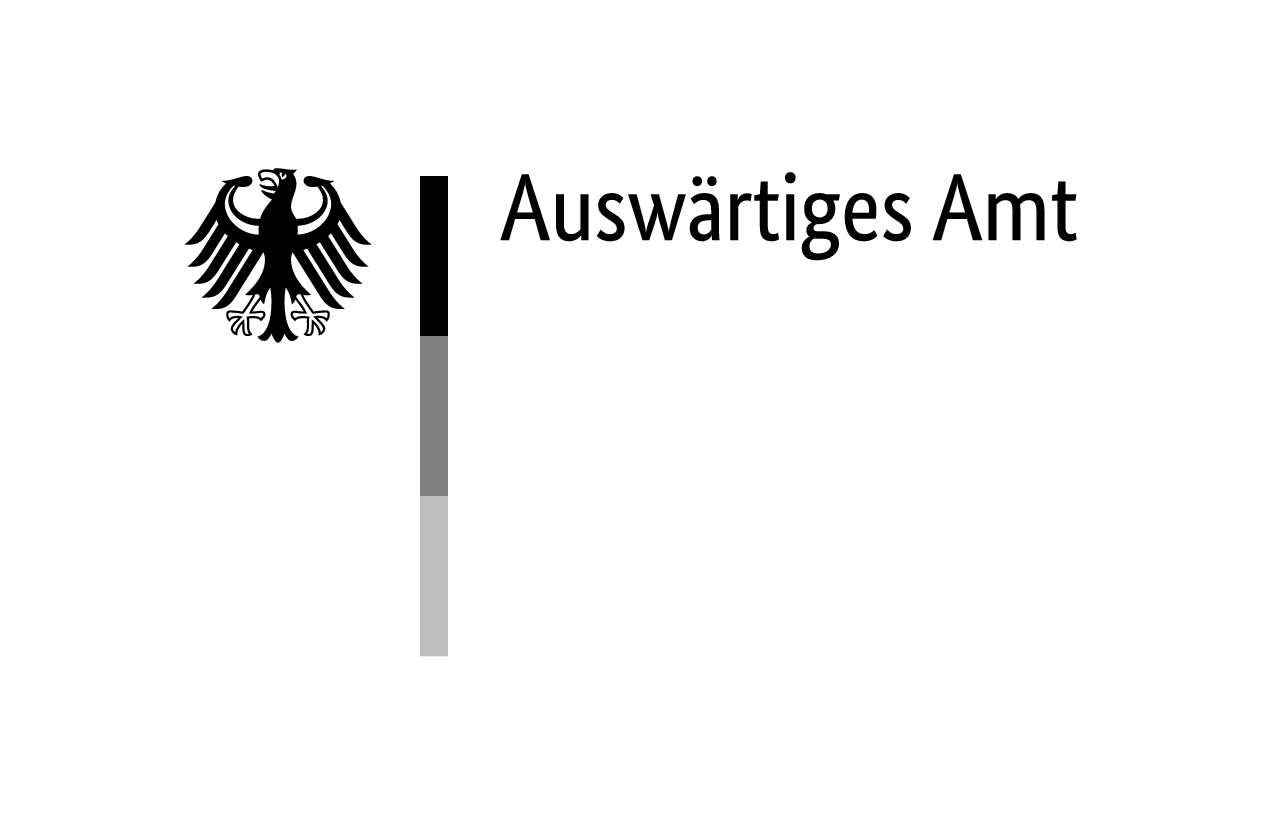Fioravante Lucchesi was born on 23 February 1927 in Bastia Umbra (Perugia), Italy, and joined the Resistenza [resistance] as a young man after being interned with his family in Prignano sulla Secchia, province of Modena.
In the period shortly before the outbreak of World War II, several Sinti families regularly stopped in Modena, a city in the Emilia-Romagna region, to spend the winter months there. They lived in their caravans and resumed their activities as jugglers and circus performers in central and northern Italy in the spring.
Internment
The circular decree of 11 September 1940 ordered the internment in localities of Sinti and Roma with ‘established or presumed Italian citizenship’ who were still ‘in circulation’ [‘in circolazione’].
The prefect of Modena ordered the arrest of the Sinti who had stopped in the city and had them interned in Prignano sulla Secchia, in the Modenese Apennines, with effect from 18 November 1940. The internment affected around 80 people, 60 per cent of whom were minors.
Fioravante Lucchesi was arrested together with his maternal grandparents, Salvatore Torre (1889–unknown) and Eva Marsiglia Truzzi (1893–unknown), as well as many uncles, aunts, and cousins.
The living conditions of the internees were very difficult. Some of them continued to live in their caravans on the former sports field, while others were accommodated in a large room in a house rented from the city council. They were not given any wood for fuel and the food was completely inadequate.
Participation in the Resistenza
In the spring of 1943, all the Sinti interned in Prignano were able to leave the town unhindered by the authorities, because there were no more resources available to maintain the internment. Many went into hiding in farmhouses, where they lived and worked alongside the farming families. After almost three years of internment, Fioravante Lucchesi decided to take part in the Resistenza and join the partisans.
On 15 June 1944, aged just 17, he joined the Corsini Brigade of the Modena Armando Division and remained there until 16 November 1944, taking part in the battles in the Emilian Apennines, in Rocchetta on 11 August 1944, in Ranocchio on 7 September 1944, and in several sabotage operations in Montespecchio.
After falling ill with typhoid fever, he was cared for by monks in a monastery in the Apennines and then decided to return to his family. In the meantime, they had moved to Marche, where they continued to operate carousels.
After the Liberation
After the war, Fioravante Lucchesi settled in Reggio Emilia, marrying Lucia Santa Pozzi (1934–2016) in 1948. The couple had eight children, who continued the family tradition working as showmen. After 1945, Fioravante Lucchesi joined the National Association of Partisans of Italy [Associazione Nazionale Partigiani d’Italia, ANPI] and the Italian Communist Party [Partito Comunista Italiano].
The war also left its mark on the family. Two of his sons say that their father often woke up in the night and drove them out of the caravan, shouting that everything was on fire and that he could hear shots getting closer and closer: these were memories of the time when he had fought as a partisan. He also kept telling his children: ‘Starting wars is easy, but ending them is hard.’1Personal communication from Massimo Lucchesi on the occasion of an interview with Paola Trevisan. Fioravante Lucchesi died on 18 April 1996 in Reggio Emilia.
In April 2020, the Thèm Romanó association submitted an application to the city council of Reggio Emilia to name a street after him. The application was approved in 2022, but in 2024 the decision had not yet been implemented.




